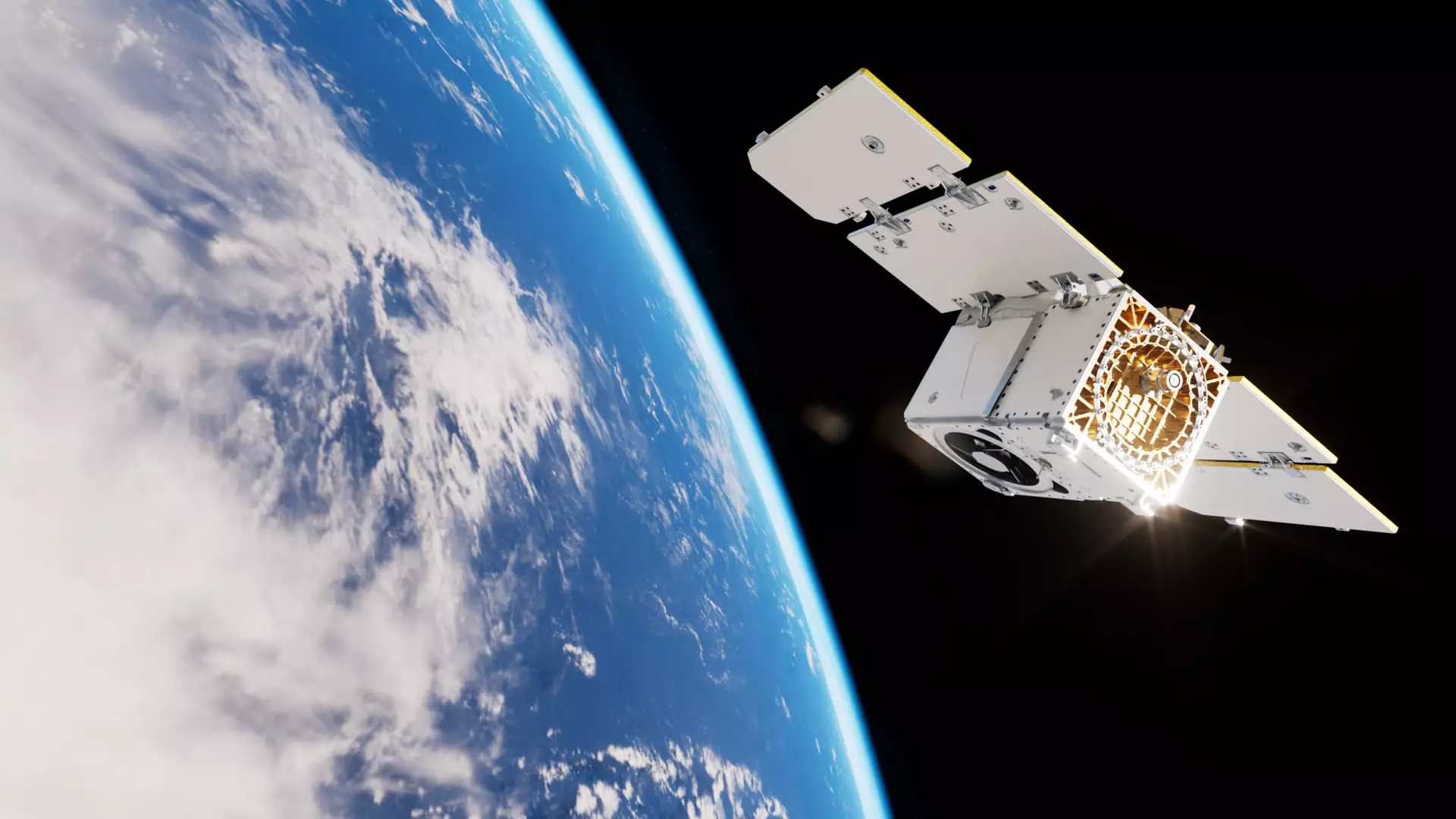The recent announcement by Planet Labs, a prominent name in satellite imagery and data analysis, has captivated the attention of industry observers and investors alike. The company disclosed a monumental $230 million contract aimed at enhancing the deployment of its cutting-edge Pelican satellites. This deal not only signifies a historic moment for Planet but also underscores the company’s strategic move into the broader satellite services arena.
During an interview with CNBC, Planet’s CEO Will Marshall articulated the implications of this substantial contract, describing it as a “momentum-building event” that could redefine how the company operates. This deal marks Planet’s largest contract to date and is viewed as a significant transition toward providing specialized satellite services. By constructing Pelican satellites specifically for a customer in the Asia-Pacific region, Planet is not only validating its technological capabilities but also enhancing its reputation as a trusted partner in satellite technology. The specifics regarding the customer remain undisclosed, but Marshall hinted at a strong pre-existing relationship, indicating that these transitions often rely on trust and past collaboration in the tech landscape.
The terms of the contract reveal a comprehensive operational plan for the development and deployment of Pelican satellites. According to Marshall, the contract encompasses two years dedicated to the construction of these satellites followed by five years of operational service. Such an arrangement ensures that the customer receives exclusive access to the satellites deployed specifically within their designated areas of interest in the Asia-Pacific. Notably, any data collected beyond this region will still be utilized by Planet under a licensing agreement, providing the company with a dual revenue stream. This arrangement is particularly strategic, allowing Planet to maintain a level of independence while still catering to customer needs.
While the contract does not immediately alter Planet’s financial forecast for fiscal year 2025, Marshall emphasized that the benefits are positioned to surface in fiscal year 2026. Over a projected seven-year timeline, the company’s financial health is expected to improve from both satellite construction and ongoing operational services. The financial projections are significant for stakeholders, as they indicate a potential shift toward sustained profitability and cash flow enhancement, particularly vital for a company like Planet that operates in the capital-intensive space industry.
Planet aims to deploy a constellation of up to 32 Pelican satellites, designed to replace the SkySat satellite series the company acquired in 2017. The nuances of the Pelican satellites, such as their incorporation of Nvidia’s Jetson edge AI platform, highlight the company’s commitment to advancements in data analysis and processing. Marshall noted that, while initial funding had previously limited the growth of the Pelican project, the new contract will significantly accelerate development. This evolution reflects a broader industry trend toward integrating advanced technology in satellite operations, paving the way for more powerful capabilities and services.
The announcement had an immediate effect on Planet’s stock, which surged by as much as 14% before stabilizing. Such fluctuations are common in the technology and space sector, where market dynamics can shift rapidly based on announcements and future forecasts. The post-2021 landscape, shaped by a SPAC-fueled boom, saw Planet and similar companies grappled with volatility, making the recent contract even more vital in restoring investor confidence. With shares more than doubling over the last year, despite earlier challenges, Planet appears to be on the rebound.
Marshall articulated a vision for Planet’s future, emphasizing that this contract signals the company’s formal entry into the satellite services sector. This approach of customizing spacecraft for distinct client needs mirrors successful models in technology delivery across various industries. With previous contracts, including one with the European Space Agency, Planet is positioning itself as a vital player in a rapidly evolving market. As the company continues to build on its existing relationships and technological capabilities, the synergy between its satellite manufacturing and data analytics will likely create a robust foundation for future growth.
Planet’s substantial contract represents a pivotal moment not only for the company but also for the satellite services market as a whole. As the industry evolves, the importance of innovative technology combined with strategic partnerships cannot be overstated, positioning Planet at the forefront of this transformation in satellite imagery and data analysis.


Leave a Reply